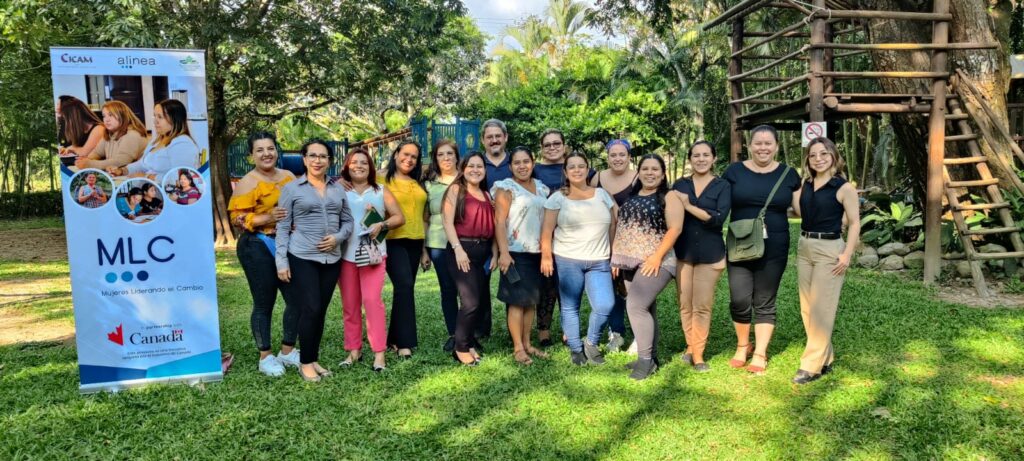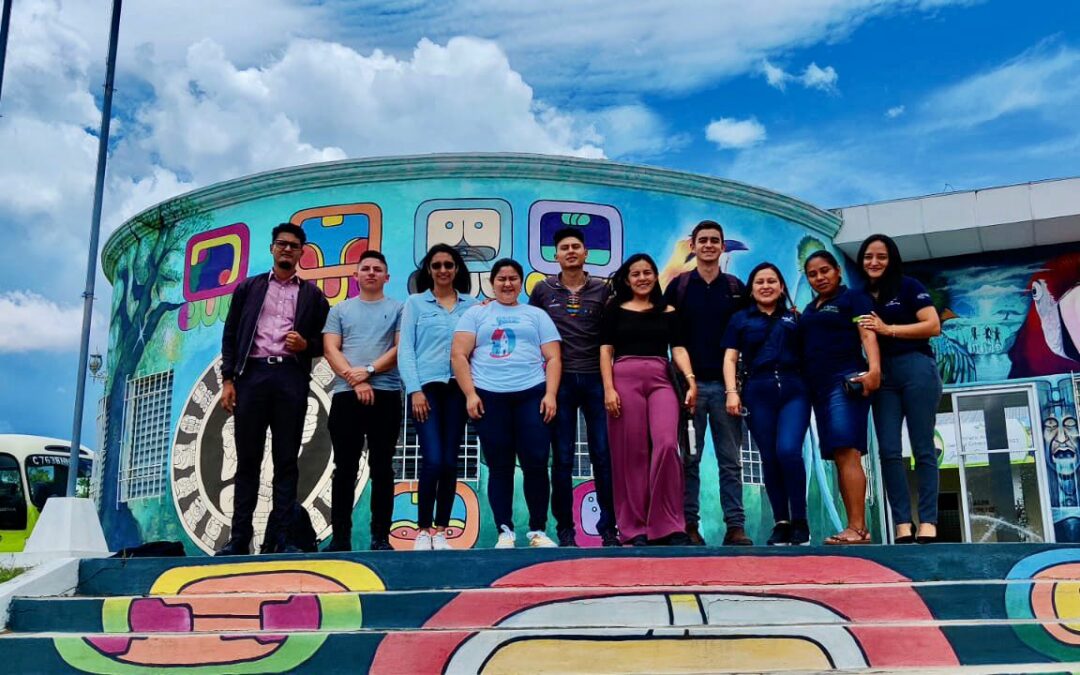Canada’s Gender Equality Week highlights the country’s commitment to inclusivity and equality – a commitment reflected beyond Canada’s borders through international assistance efforts. As part of the 2023 edition, we are sharing a new Canadian-funded project underway in Central America addressing gender equality gaps through local governance.

El Salvador, Guatemala and Honduras make up the dry corridor of the northern triangle of Central America. In this region, barriers threaten the physical, economic, and political autonomy of women, young people, and the Indigenous population. At the source of these barriers are power inequalities, creating difficult living conditions related to high levels of poverty, forced migration, lack of employment, violence, and crime.
Canada’s response
Within the dry corridor, 12 municipalities are the focus of Canada’s new Women Leading Change Project. Funded by Global Affairs Canada, the project promotes gender equality and the empowerment of women, youth and Indigenous People to foster leadership and decision-making.
Led by Alinea International, a consortium of implementing organizations is working on this issue, as well as preventing and responding to sexual and gender-based violence (SGBV) by strengthening mechanisms managed by municipal governments. The local implementing organizations include Mancomunidad Trinacional Fronteriza Río Lempa (MTFRL) and Centro de Investigación, Capacitación y Apoyo a la Mujer (CICAM).
“As a woman, I work to motivate and accompany women to gain power for themselves individually and collectively; and when women access power, they immensely improve the lives of all the people who are in their family, community, and municipal environments,” said Ana Hernández, Gender Equality Advisor for the project.
Work in these areas contributes to the achievement of substantive equality, which refers to modifying the circumstances that prevent people from fully exercising their rights – aligned with the principles of Canada’s Feminist International Assistance Policy.
The project team engages municipal governments to institutionalize commitments to gender equality into local governance. This means:
- Identifying gender inequality gaps and addressing them in local public policies
- Allocating budget to interventions designed to achieve equality
- Integrating a gender approach into public investment projects
- Strengthening Municipal Women’s Offices for the integral development of women
- Promoting and strengthening mechanisms and spaces for community participation that account for the rights, needs, and interests of all – without distinctions based on sex, gender, sexual orientation, ethnicity, age, disability, religion, or other areas of vulnerability

Municipal Women’s Offices provide a key link. They promote the integral development of women at the municipal level and a means for the project team to collaborate with municipal governments. Psychologists and lawyers assigned to Municipal Women’s Offices provide psychological and legal assistance – a key component of the project, along with delivering operational technical assistance.
What’s next
In the coming months, the project team will focus on expanding the leadership and participation of women in the management, negotiation, and defence of public policies; developing a communication campaign for SGBV prevention; and implementing action plans to eliminate barriers in SGBV services.
Efforts will also be undertaken to strengthen the Women and Youth Network, implement the trinational equality policy, and lay the foundation for the adoption of gender-based violence strategies by all 12 municipalities.

